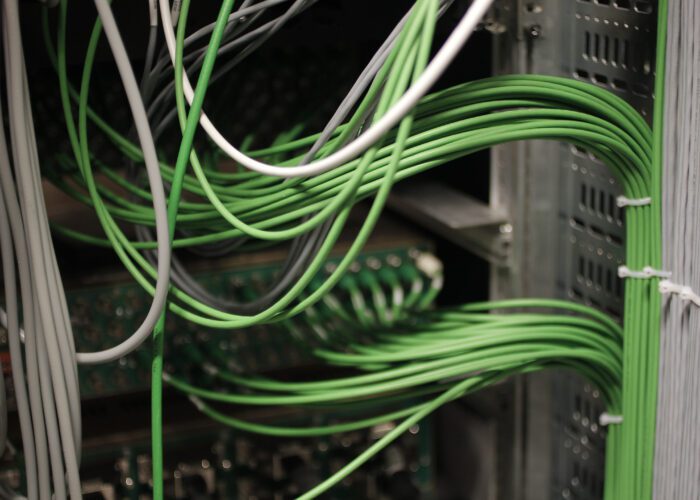
The range of potential applicants for the broadband voucher scheme in Liverpool has been widened.
It comes as the city tries to meet the 98% target of homes and businesses having access to ‘super-fast’ internet speeds by summer 2016.
The expansion will now allow eligible small and medium sized businesses, charities and social enterprises across the city council area to apply for a voucher with a value of up to £3,000.
This will help them with the physical cost of setting up broadband for the SME’s business premises. The scheme was initially introduced in parts of the city centre last September.
The connection must cost more than £100 to set up, with speeds of at least 30mbps or higher or doubling the speed of the business’s current service. It cannot be used to buy any IT equipment or the pay the monthly rental costs.
It’s all part of a nationwide drive to get the whole country on quicker and more efficient broadband connections with the voucher arrangement currently active in 22 different cities to help meet the 95% national target by 2017.
Kate Rennicks is head of digital development for Metronet UK, which is one of the scheme’s internet providers.
She told JMU Journalism: “It has made a massive difference. We have had businesses come and tell us that they been able to transform their business model because of it.”
According to the Culture, Media and Sport Secretary, Sajid Javid, there are more than 29,000 homes and businesses across Merseyside with access to super-fast broadband.
Councillor Gary Millar, cabinet leader for business, enterprise and investment, is confident Liverpool will achieve its summer 2016 target. He told JMU Journalism: “I think we can [reach the target] based on a 20 or 30mbps expectation.”
However the former Lord Mayor was less optimistic about achieving a 98% usage rate, citing “reasons of cash, employment, infrastructure, skills and reluctance to adopt technology”.
Millar was also sceptical about the speeds being sufficient in future years, because of the “infrequent need” for streaming large amounts of data, such as Netflix- which requires a lot more internet speed than just browsing the web.
He said: “I would question the need for continual very fast broadband when consumers only need such data speed 5% of the time. If there was a way of splitting data access needs by way of low bandwidths and high bandwidths then perhaps we may find a less over engineered/sophisticated solutions.
“Five years from now the goalposts will have moved and the expectation will not be 20 or 30mbps- it will be much higher.”

